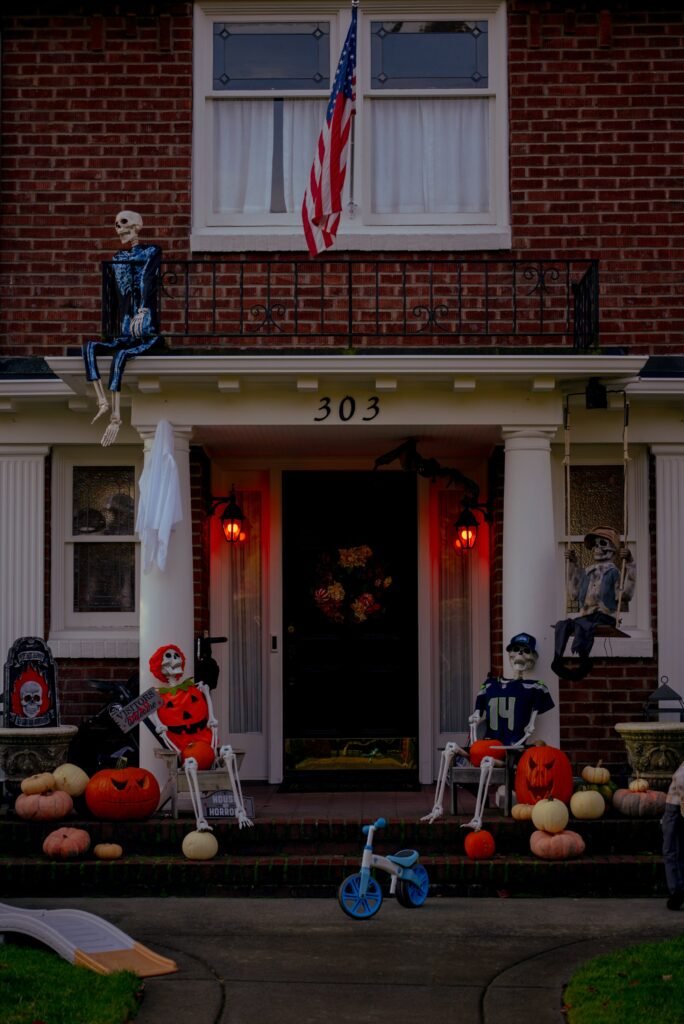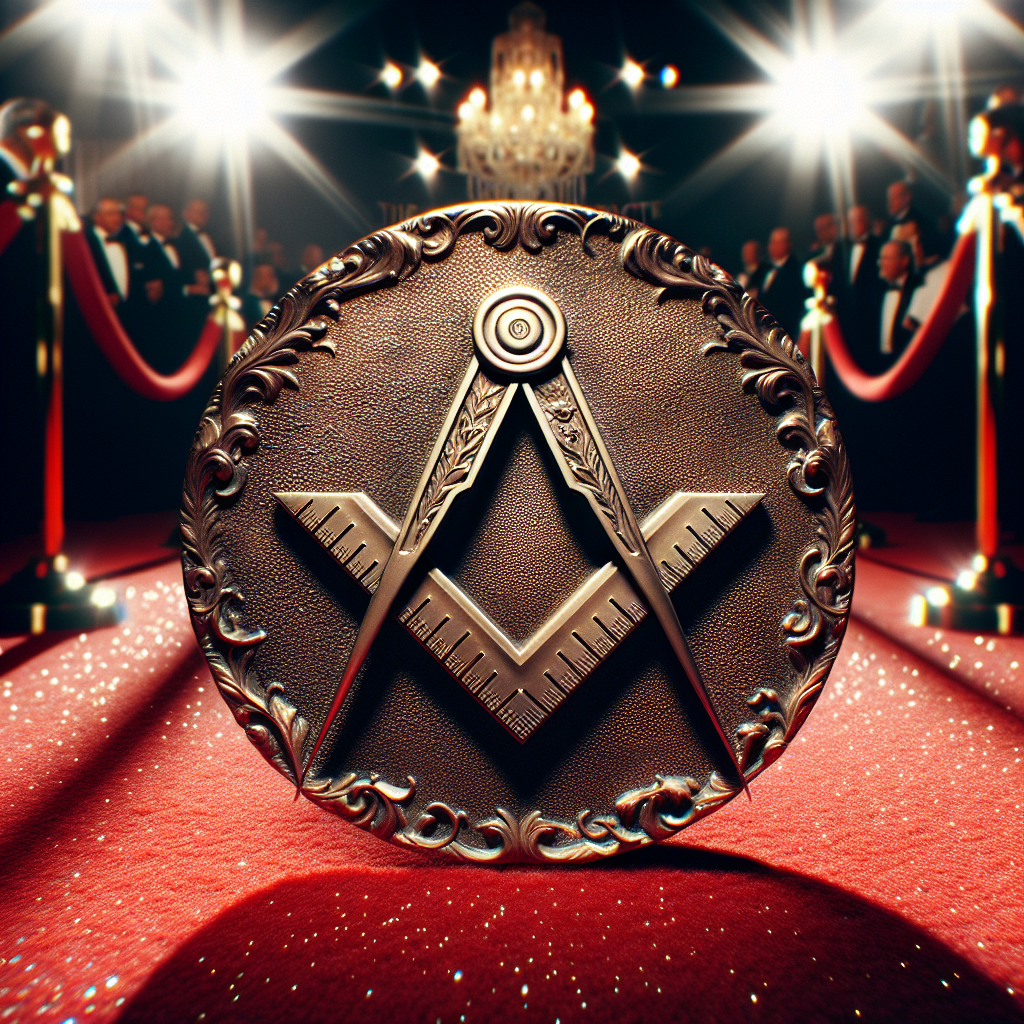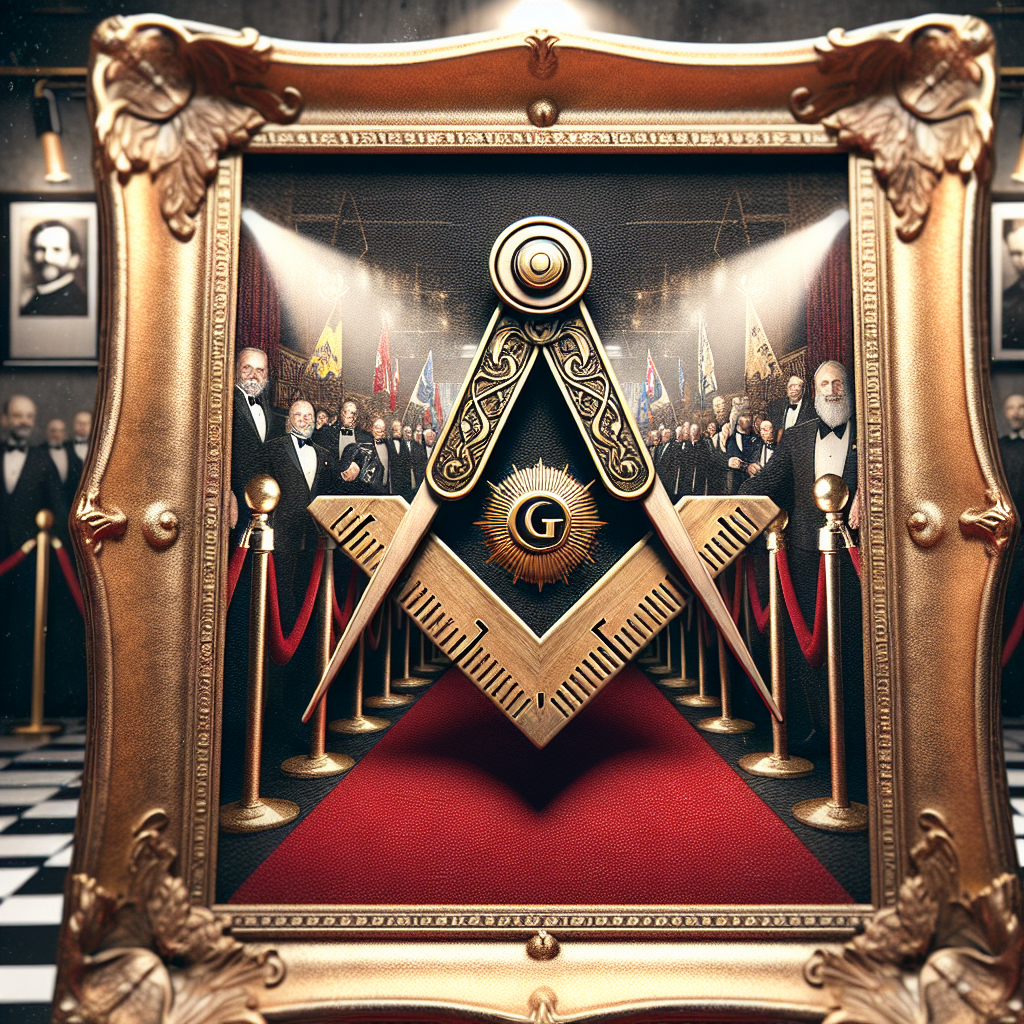
Here is a list of ten celebrities who are Freemasons out of 100’s! See many more below the Table:
| Celebrity | Profession | Notable Achievements/Works |
|---|---|---|
| Shaquille O’Neal | NBA Player | Hall of Fame basketball player, sports analyst |
| Richard Dreyfuss | Actor | Academy Award-winning actor (“Jaws”, “Close Encounters of the Third Kind”) |
| Jesse Jackson | Civil Rights Activist | Baptist minister, prominent civil rights leader |
| Brad Paisley | Country Musician | Grammy-winning country artist |
| Steve Wozniak | Engineer, Entrepreneur | Co-founder of Apple Inc. |
| Richard Roundtree | Actor | Known for “Shaft” movies, TV appearances |
| John Elway | NFL Player/Executive | Hall of Fame quarterback, Denver Broncos GM |
| Buzz Aldrin | Astronaut | Second person to walk on the moon |
| Don Rickles | Comedian | Legendary stand-up comedian, actor |
| Nat King Cole | Musician | Iconic jazz and pop musician |
Did you know that some of your favorite stars are also members of one of the oldest and most mysterious fraternities in the world? That’s right, they are Freemasons! In this fascinating read, you’ll find out who has taken up the Masonic mantle in the glittering world of celebrities. Prepare to be surprised as you discover many famous Freemasons today, unveiling a fascinating overlap between the realms of stardom and this ancient society.
Historical Context of Freemasonry
Freemasonry, an intriguing and historical fraternity, has for centuries piqued public interest and curiosity. Rooted in tradition, with an air of secrecy, this fraternity has a historical context that is as intriguing as the fraternity itself.
Origins and History of Freemasonry
The origins of Freemasonry remain shrouded in mystery and speculation. Some believe Freemasonry traces back to the construction of King Solomon’s Temple, while other historians suggest the fraternity finds its roots in the ancient Roman builders’ guilds. The most accepted belief is that modern Freemasonry evolved from the stone mason guilds of the Middle Ages. These societies of builders and architects, who were known as ‘freemasons’, formed groups known as lodges. It was around the 17th and 18th centuries that these lodges began accepting honorary members, thus transforming into a more philosophical and symbolic organization.
Notable Principles and Beliefs of Freemasonry
Freemasonry, despite its many mysteries, operates on a clearly defined set of principles and beliefs. Central to Freemasonry is the belief in a Supreme Being, referred to as the ‘Great Architect of the Universe’. However, Freemasonry is not a religion, but a fraternity promoting moral and spiritual values like brotherhood, equality, and charity. It encourages its members to be loyal, to promote peace, and to strive for personal growth.
Public Perception of Freemasonry Over Time
The perception of Freemasonry has fluctuated over the centuries. In some periods, Freemasonry was highly regarded as a club for the elite and influential. Notable figures and public intellectuals were often members. In contrast, it has faced hostility and criticism, often rooted in the society’s secretiveness, with critics viewing it as a threat to public order or as a society for the socially privileged. However, Freemasonry’s emphasis on charity and community service has always been a beacon, improving its public perception.
Explanation of Celebrity Membership
Freemasonry has often seen participation from well-known figures. However, what is it about Freemasonry that celebrities find attractive?
Why Celebrities Might Choose to Join Freemasonry
The fraternity’s principles of moral growth, personal development, and philanthropy might appeal to celebrities seeking belonging or purpose. The opportunity to network with other influential individuals could be another factor, as well as the allure of being part of an ancient and mysterious brotherhood.
Confidentiality and Fame: The Appeal for Celebrities
Given their public lives, celebrities might appreciate the confidentiality that Freemasonry offers. Their identities as Freemasons are often kept secret unless they choose to share this information. This sense of privacy, amidst their otherwise very public lives, may be appealing.
Celebrities’ Contribution to Freemasonry in the Public Eye
By their very nature, celebrities can bring attention to the organizations they are associated with. They can leverage their fame to help erase misconceptions about Freemasonry, making the fraternity more accessible and relatable to the public. Celebrities can contribute to fund-raising initiatives and promote the fraternity’s works in their respective fields.

Shaquille O’Neal
Shaquille O’Neal, the renowned basketball player, is one of the notable celebrities who joined the Freemasons. Let’s delve into his association with Freemasonry.
O’Neal’s Initiation into Freemasonry
O’Neal has always held an interest in joining fraternities. He became a Freemason, joining the Widow’s Son Lodge No. 28 in Boston, demonstrating his commitment to the brotherhood and principles of Freemasonry.
His Contributions to the Brotherhood
O’Neal’s contribution to Freemasonry extends the court. He has leveraged his fame and wealth to support the fraternity’s charitable work, adding value to the organization.
The Influence of Freemasonry on O’Neal’s Public Life and Career
Freemasonry no doubt added a new dimension to O’Neal’s life and career. He often used his platform as an athlete to promote the fraternity’s principles, enriching his public persona.
Winston Churchill
Winston Churchill, a significant figure in world history, was a Freemason. His association with Freemasonry provides an intriguing insight into his life and career.
Churchill’s Induction and Influence in Freemasonry
Churchill was introduced to Freemasonry at an early age and soon recognized its potential. He understood the organization’s expansive global network and saw how it could aid his political ambitions.
Impact of Freemasonry on Churchill’s Leadership and Politics
Churchill’s association with Freemasonry likely had a profound influence on his leadership. The tenets of Freemasonry, such as unity and peace, undoubtedly found their way into Churchill’s political ideals and global diplomacy.
Public Reaction to Churchill’s Masonic Membership
The public reaction to Churchill’s membership in Freemasonry was mixed. While many applauded his association, critics saw it as a conflict with his public duties. Despite these views, Churchill’s commitment to Freemasonry remained unwavering.

Steve Wozniak
The story of Apple co-founder, Steve Wozniak, is incomplete without mentioning his ties to Freemasonry.
Introduction of Wozniak into Freemasonry
Wozniak’s interest in Freemasonry began with his desire for knowledge and personal development. He was intrigued by Freemasonry’s symbolic rituals and history and decided to join the brotherhood.
Influence of Freemasonry in Wozniak’s Tech Ventures
The principles of Freemasonry, such as the importance of knowledge and continuous learning, are reflected in Wozniak’s tech ventures. His approach to innovation and leadership mirrors the Masonic values of humility, personal development, and progress.
Wozniak’s Role in Promoting Freemasonry
Wozniak has used his influence to help promote Freemasonry. He has spoken about his Masonic membership, its influence on his life, and how it has shaped him as a person and an entrepreneur.
Peter Sellers
Peter Sellers, the famed English actor, was also a member of the Freemasons.
Sellers’ Initiation into Freemasonry
Peter Sellers joined the Chelsea Lodge No. 3098, a lodge known for its entertainment industry members. This membership added a new dimension to his already illustrious career.
His Contributions to Freemasonry Community
Sellers leveraged his fame to promote Masonic values and principles. He supported the fraternity’s charitable activities and helped bring its philanthropy into the limelight.
Sellers and Freemasonry: Public Perception and Impact on His Career
Being a Freemason did impact the public perception of Sellers. However, it did not overshadow his remarkable talent. Sellers managed to successfully straddle his Masonic life with his professional acting career.

Brad Paisley
Musician Brad Paisley is among the prominent celebrities in Freemasonry.
Details About Paisley’s Induction into Freemasonry
Paisley’s introduction to Freemasonry began with his exploration of his grandfather’s Masonic artifacts. Intrigued, he decided to join the fraternity.
Brad Paisley’s Freemasonry Activities and Contributions
Brad Paisley has been an active member of the fraternity, contributing to its charitable endeavors. His devotion to Freemasonry shows in his work and public life.
Effects of Freemasonry on Paisley’s Music Career
Freemasonry has had a visible impact on Paisley’s music. Many of his songs contain Masonic references, subtly advocating Masonic principles, a testament to his commitment to the fraternity.
John Wayne
Legendary actor John Wayne was prided himself on his Freemasonry membership.
John Wayne’s Journey into Freemasonry
Wayne’s journey into Freemasonry was induced by his drive for personal growth and his need to contribute to society.
Impact of Freemasonry on Wayne’s Film Career
Freemasonry shaped Wayne’s notions of heroism, humanity, and patriotism, evident in his film roles.
Role in Promoting Freemasonry Values in Public
Wayne’s public persona mirrored Freemasonry’s principles. His philanthropic endeavors and public conduct reinforced Freemasonry’s ideals of integrity, responsibility, and brotherly love.

Jesse Jackson
Civil rights activist Jesse Jackson is an influential member of the Freemasons.
Jackson’s Induction into Freemasonry
Jackson joined Freemasonry, drawn by its principles of brotherhood, equality, and philanthropy.
Freemasonry and Jesse Jackson’s Civil Rights Advocacy
Freemasonry’s principles of equality and brotherhood resonated with Jackson’s fight for civil rights, complementing his advocacy work.
Public Response to Jackson’s Masonic Membership
Jackson’s Masonic membership was something that intrigued the public. But despite the misgivings of critics, he utilized his Masonic association and influence to further his civil rights work.
Cecil Rhodes
Cecil Rhodes, a notable Freemason, has left a significant mark in Freemasonry history.
Rhodes’ Historical Mark in Freemasonry
Rhodes was a dedicated Freemason, his belief in the fraternity’s principles guiding his public life and his philanthropic endeavors.
How Freemasonry Shaped Cecil Rhodes’ Philanthropy
Freemasonry’s principles of charity and progress influenced Rhodes’ philanthropic initiatives, including his establishment of the Rhodes Scholarships.
Public Perception of Rhodes’ Connection to Freemasonry
Rhodes’ association with Freemasonry was viewed with skepticism by some, while others saw it as an affirmation of his leadership qualities and philanthropic actions. Despite varying public opinions, Rhodes’s commitment to Freemasonry remained unwavering, an integral part of his life and legacy.
In conclusion, from O’Neal to Rhodes, these famous Freemasons used their influence and resources for charity and societal good in alignment with the principles of Freemasonry. The fraternity’s teachings not only impacted their personal lives but resonated in their professional journeys. Today, their Masonic association stands as a testament to Freemasonry’s lasting influence and relevance in modern society.













